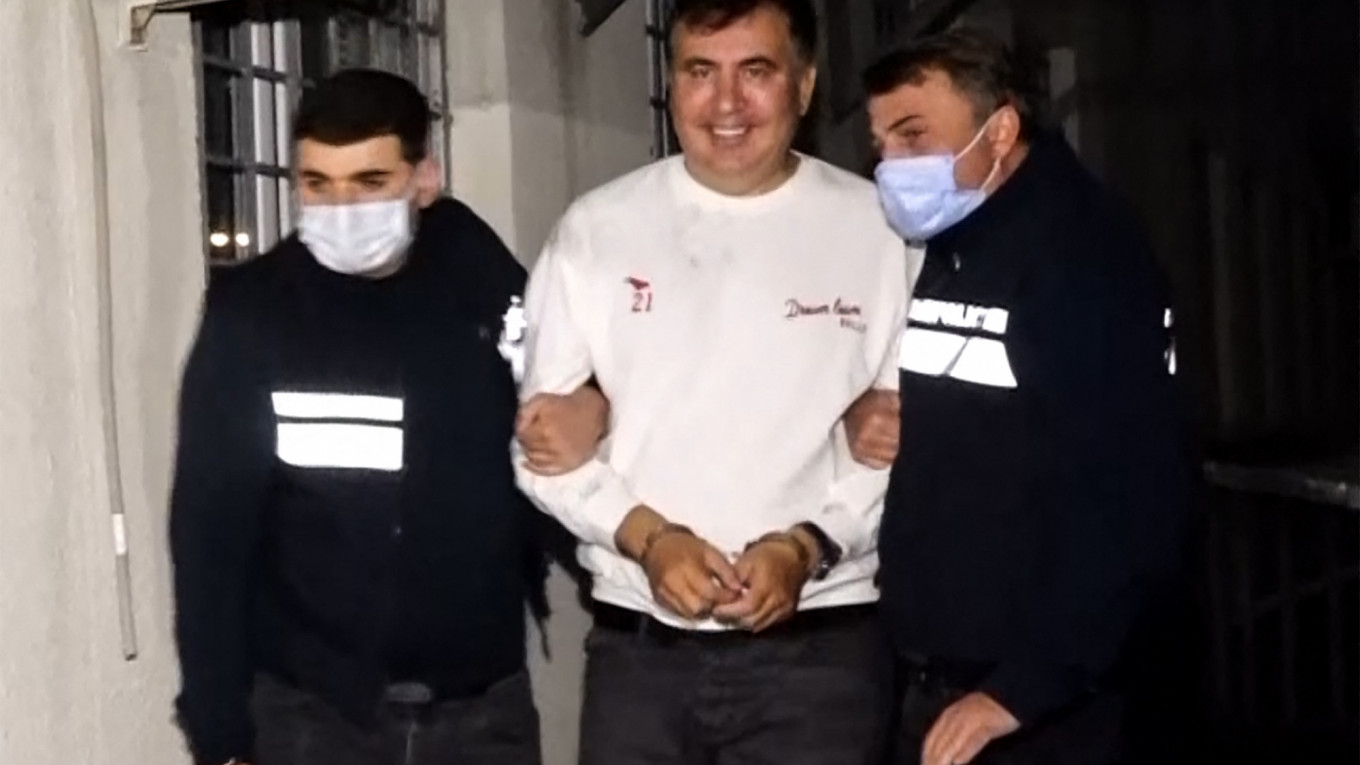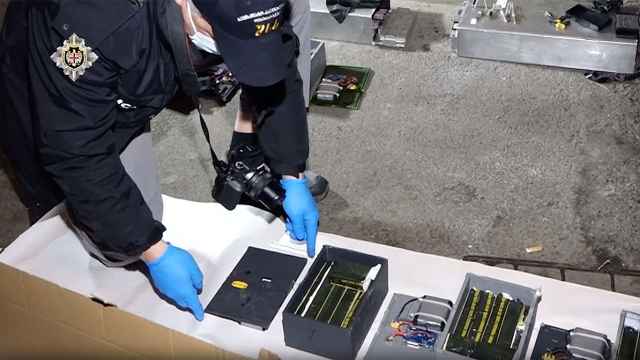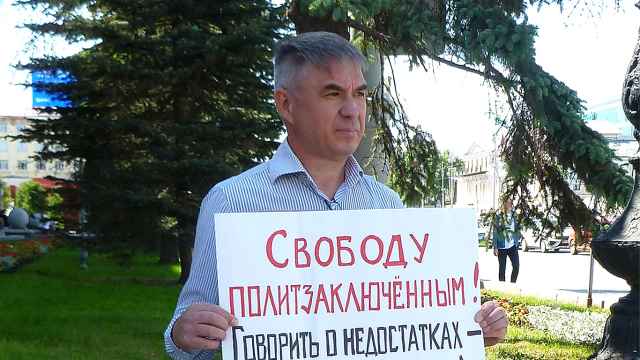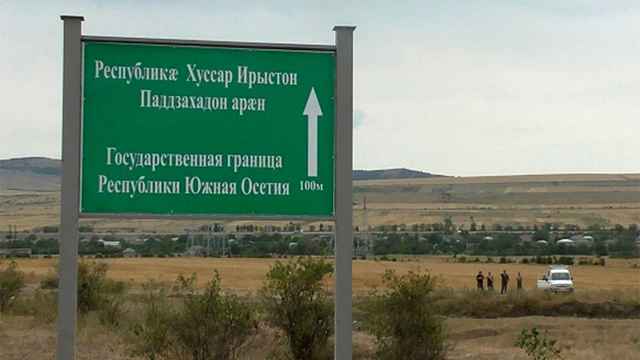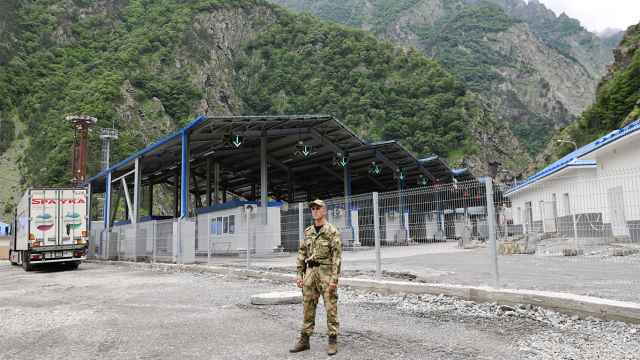Georgia's ruling party led Sunday in municipal polls held after ex-president Mikheil Saakashvili's arrest, with the opposition alleging electoral fraud as a protracted political crisis in the Caucasus nation deepened.
After almost all precincts were counted, the ruling Georgian Dream party led with 46.6% of the votes in Saturday's elections, while all of the opposition parties combined garnered 53.4%, official results showed.
Critics have denounced a backsliding on democracy in Georgia, saying parliamentary elections held last October were rigged and accusing the ruling party of using criminal prosecutions to punish political opponents and journalists.
Under an EU-brokered inter-party agreement in May, Georgian Dream had pledged to hold snap parliamentary elections if it won less than 43% of the municipal vote.
But it unilaterally withdrew from the pact in July, sparking harsh criticism from the West, and Saturday's result frees them from the obligation to call snap polls.
Georgian Dream said in a statement that the closely-watched elections "were held at the highest democratic standards."
But opposition parties said Sunday widespread irregularities undermined the credibility of the elections, held in a tense atmosphere after Saakashvili, the country's foremost opposition leader and former president, was arrested on return from exile.
"The election results were falsified. We have witnessed intimidation and bribing of voters prior to the elections, multiple voting on the election day," Giorgi Baramidze, a leader of Saakashvili's United National Movement (UNM), told AFP.
"The elections' credibility has already been undermined by the fact that the leader of the opposition was first forced into exile and then arrested," he said referring to Saakashvili.
"We will use all the legal means to reverse the falsification."
Badri Japaridze, a leader of opposition Lelo party, said: "The elections were marred by large-scale intimidation and bribing of voters, seriously affecting the electoral results."
In a number of major cities — including the capital Tbilisi — second round runoffs will have to be held on October 30 between mayoral candidates from the Georgian Dream and the UNM, the country's main opposition force.
Saakashvili on hunger strike
Saakashvili, 53, secretly returned to Georgia on Friday from Ukraine — where he heads a government agency steering reforms — ahead of the elections and was quickly detained for alleged abuse of office.
The flamboyant pro-Western reformer and president in 2004-2013, denied any wrongdoing, denounced a six-year jail sentence in absentia as politically motivated and went on hunger strike following his arrest.
Ukrainian President Volodymyr Zelensky said Sunday he will be pressing for Saakashvili's return to Ukraine as he is a Ukrainian national and was stripped of his Georgian passport.
Saakashvili's jailing aggravated the political crisis that engulfed Georgia last October when opposition parties denounced parliamentary elections as rigged, refused to take up their seats in the newly elected legislature and staged mass protests to demand snap polls.
Prior to his arrest, Saakashvili had called on supporters to take to the streets "to protect election results."
But opposition parties have so far refrained from staging protests, awaiting the conclusions from international monitors who are due to present their assessment later on Sunday.
The United States has hinted at possible sanctions against Georgian officials over the country's backsliding on democracy.
In comments to AFP through a representative, who visited him in prison on Saturday, Saakashvili said he returned to Georgia despite looming arrest "to fight to the end against the oligarchic rule which kills Georgian democracy."
He was referring to former prime minister Bidzina Ivanishvili, a powerful oligarch and ruling party founder who is widely believed to be calling the shots in Georgia despite holding no political office.
A Message from The Moscow Times:
Dear readers,
We are facing unprecedented challenges. Russia's Prosecutor General's Office has designated The Moscow Times as an "undesirable" organization, criminalizing our work and putting our staff at risk of prosecution. This follows our earlier unjust labeling as a "foreign agent."
These actions are direct attempts to silence independent journalism in Russia. The authorities claim our work "discredits the decisions of the Russian leadership." We see things differently: we strive to provide accurate, unbiased reporting on Russia.
We, the journalists of The Moscow Times, refuse to be silenced. But to continue our work, we need your help.
Your support, no matter how small, makes a world of difference. If you can, please support us monthly starting from just $2. It's quick to set up, and every contribution makes a significant impact.
By supporting The Moscow Times, you're defending open, independent journalism in the face of repression. Thank you for standing with us.
Remind me later.


